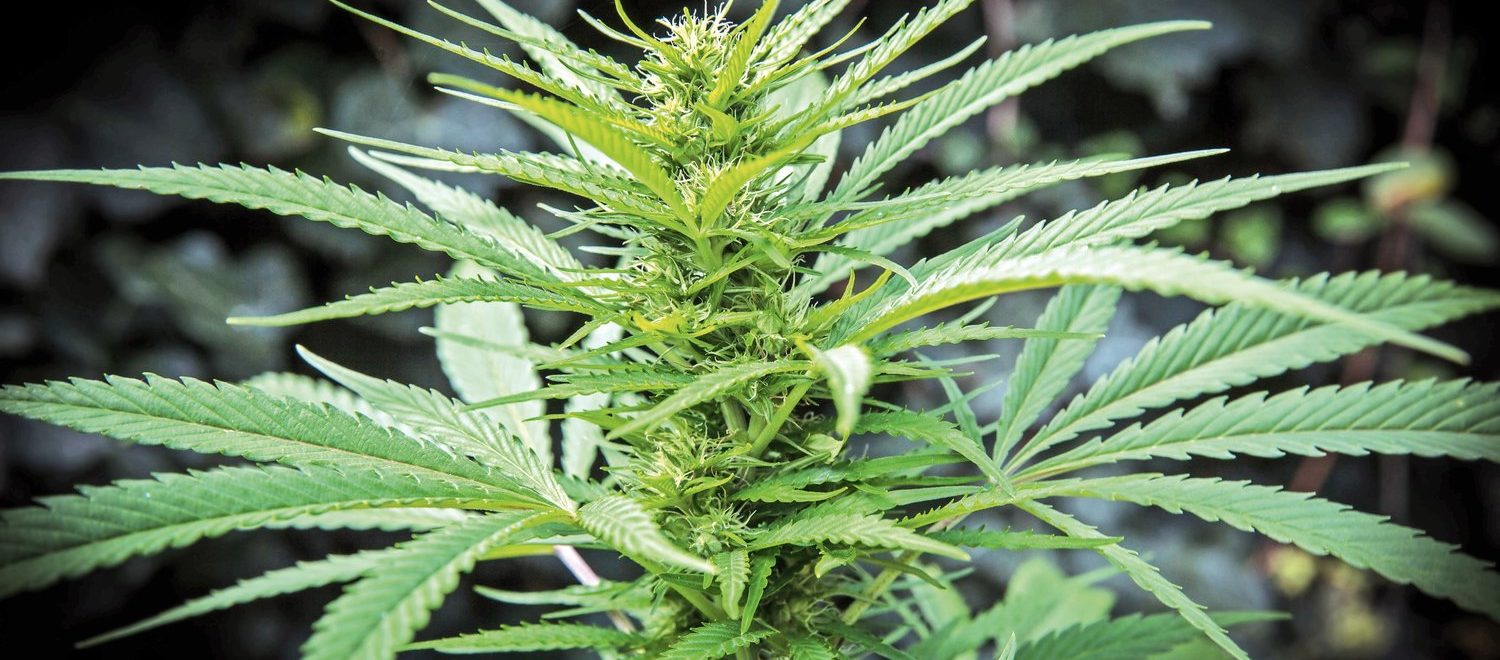Over 400 years ago, the Virginia General Assembly adopted one of the first laws of the Commonwealth: regulating the sale and price of tobacco. Proving that some things never change, the 2021 General Assembly still finds itself dealing with the regulation of smoking and plant production, this time grappling with the legalization of cannabis and its production, distribution, and sale. .
The 2021 Virginia General Assembly enacted legislation to legalize the cultivation, sale, and possession of marijuana.
Though implementation of the regulatory structure was largely delayed until 2024, home cultivation and recreational use could be legal as soon as July 1, 2021, under amendments proposed by Governor Ralph Northam.
The legislation establishes a regulatory framework for the cultivation, wholesaling, distribution, retail sale, and possession of marijuana. The legislation also establishes taxes of up to 24% and additional fees required for licensure and distributes the proceeds – estimated to peak at $225 million annually – amongst public education, equity reinvestment, substance abuse, and other public health programs.
For a brief two page summary of the legislation, click here.
Current Law & Status
Virginia took the incremental step of decriminalizing marijuana during the 2020 General Assembly Session. Under legislation[1] passed then and in effect since July 1, 2020, the penalty for possession of up to one ounce of marijuana is a $25 civil fine.
Under the law, no arrest could be made and no criminal record was created. The legislation also explicitly sealed past marijuana convictions from employers and school administrators.
Later in 2020, the General Assembly passed additional legislation[2] allowing people to prepay
their civil penalties, eliminating a required court appearance.
However, under current state law, the sale, manufacture, or trafficking of marijuana is still considered a felony punishable by both incarceration and severe fines.[3] Marijuana is also still considered a schedule I drug under federal law.
General Framework
Advocates set out to change that law during the 2021 General Assembly session, advocating for full legalization and a number of other criminal justice reforms related to marijuana.
The result of those efforts was a pair of identical bills that legalize the cultivation, sale, distribution, and possession of marijuana beginning July 1, 2024. The General Assembly, after briefly considering regulating marijuana through the Alcoholic Beverage Control Board, opted instead to create a new regulatory agency and framework.
Beginning January 1, 2024, it will be legal under state law for adults 21 and over to possess up to one ounce of marijuana. Adults 21 and older will also be able to cultivate up to four plants at a primary residence.
Importantly, public consumption will still be punishable by a $25 civil penalty, and all possession and use will remain prohibited for individuals under the age of 21.
Regulatory Framework
The new state agency, the Virginia Cannabis Control Authority, is tasked with regulating all aspects of marijuana production, distribution, sale, and possession in the Commonwealth. The Authority is an independent agency of the Commonwealth that does not belong to the executive, legislative, or judicial branches of government.
The agency will be overseen by a five member board that determines how many licenses will be issued and who will receive those licenses.
The legislation allows the board to issue up to 400 retail licenses, up to 25 wholesale licenses, up to 450 cultivation licenses, and 60 product manufacturer licenses. Except in rare circumstances, vertical integration of licensees will not be permitted.
The legislation also requires the even geographical distribution of retail stores and creates a preference for “social equity applicants,” which includes individuals with previous marijuana convictions, individuals living in an area with disproportionate ratios of cannabis arrests, and individuals who graduated from a historically black college or university.
A 21-member Cannabis Public Health Advisory Council was also created to monitor the health effects of legalization. The bill sets out a number of health-related requirements and warnings, including a seed-to-sale tracking and verification system, product warnings, and labeling requirements.
Taxes, Fees & Revenue
According to estimates, the legalization of marijuana could generate up to $225 million annually for the Commonwealth of Virginia.
Revenue is generated through a 21% state retail sales tax and an additional 3% local option sales tax. The Cannabis Control Authority also has the responsibility to establish the fee structure for licensing and regulation.
The legislation allocates the distribution of the expected revenues amongst public education, equity reinvestment, substance abuse, and other public health programs. According to the bill, 40% of all proceeds will go to at-risk pre-Kindergarten education, 30% will be directed to the Cannabis Equity Reinvestment Fund, 25% will go toward substance abuse treatment and prevention, and 5% will go toward other public health programs.
The Cannabis Equity Reinvestment Fund, which is administered by a 20-member board, will direct funds towards scholarship programs, grants for job training, placement and development, and no- and low-interest loans for social equity applicants.
Next Steps
The Governor is expected to send down additional amendments to the underlying legislation, and advocates are pushing the Governor to expedite the timeline for legal regulation.
There is also ongoing discussion over whether to further legalize simple possession ahead of complete regulation of the industry. Under current law, possession remains a penalizable offense despite an obvious intent to make it legal by 2024.
Whatever happens with those two questions, the Commonwealth of Virginia is proceeding toward a heavily-regulated market that includes licenses for cultivation, distribution, and retail sale of marijuana.
The Cannabis Control Authority may adopt regulations as soon as July 1, 2022 but no later than July 1, 2023. The Authority may begin accepting license applications as soon as July 1, 2023.
As the rulemaking process proceeds, the complexity of the statutory and regulatory framework will only increase.
[1] LIS > Bill Tracking > SB2 > 2020 session (virginia.gov)
[2] LIS > Bill Tracking > SB5013 > 2020 session (virginia.gov)
[3] § 18.2-248.1. Penalties for sale, gift, distribution or possession with intent to sell, give or distribute marijuana (virginia.gov)

